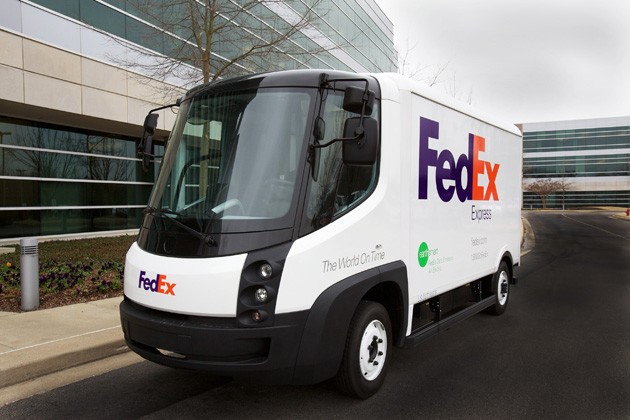Starkly different views on the future of electric vehicles from last week’s FedEx Investors and Lenders Meeting and from car buyers in Memphis and the rest of America.
Fuel-conscious FedEx is committed to electric vehicles as part of its strategy to lower costs and decrease reliance on fossil fuel. Last week during a question-and-answer session with analysts, David Bronczek, CEO of FedEx Express, said all-electric rather than hybrid electric vehicles “may be the best choice for us.” The company is interested in both, along with vehicles powered by natural gas as it strives to increase fuel efficiency.
The buying public is not very interested yet. That goes for drivers in Memphis, which was chosen in 2011 as one of the key sites for charging stations, and car buyers in general. Nissan moved manufacturing of the Nissan Leaf from Japan to Smyrna, Tennessee starting this year. The goal is 150,000 vehicles a year. The Chevy Volt runs on a battery made at a reopened GM plant in Detroit. Both electric cars can be purchased in Memphis for prices in the $30,000s for the 2012 model and more than $40,000 before rebates for the 2013 model.
Detroit newspapers (Go Tigers!) this week have been reporting the big flop by makers of electric vehicles and their batteries. Sales for all makers have been anemic, according to a story in the Detroit News. In the debates, presidential and vice-presidential candidates, while against high gas prices and for alternative energy sources, differed on the merits of grants for makers of electric cars and how whether subsidies went to a company in China.
There is nothing ambiguous about investor interest in electric cars. It has just about hit rock bottom. ECOtality, the publicly-traded (NASDAQ: ECTY) California-based company behind “The EV Project” in Memphis and other cities, is barely hanging on. Five years ago it was selling for $22 and in 2009, after it received a federal stimulus grant of $114.8 million, the price was $17. When ECOtality made its announcement in February of 2011 that it was expanding to Memphis, the stock was $4. Today it is 45 cents.
